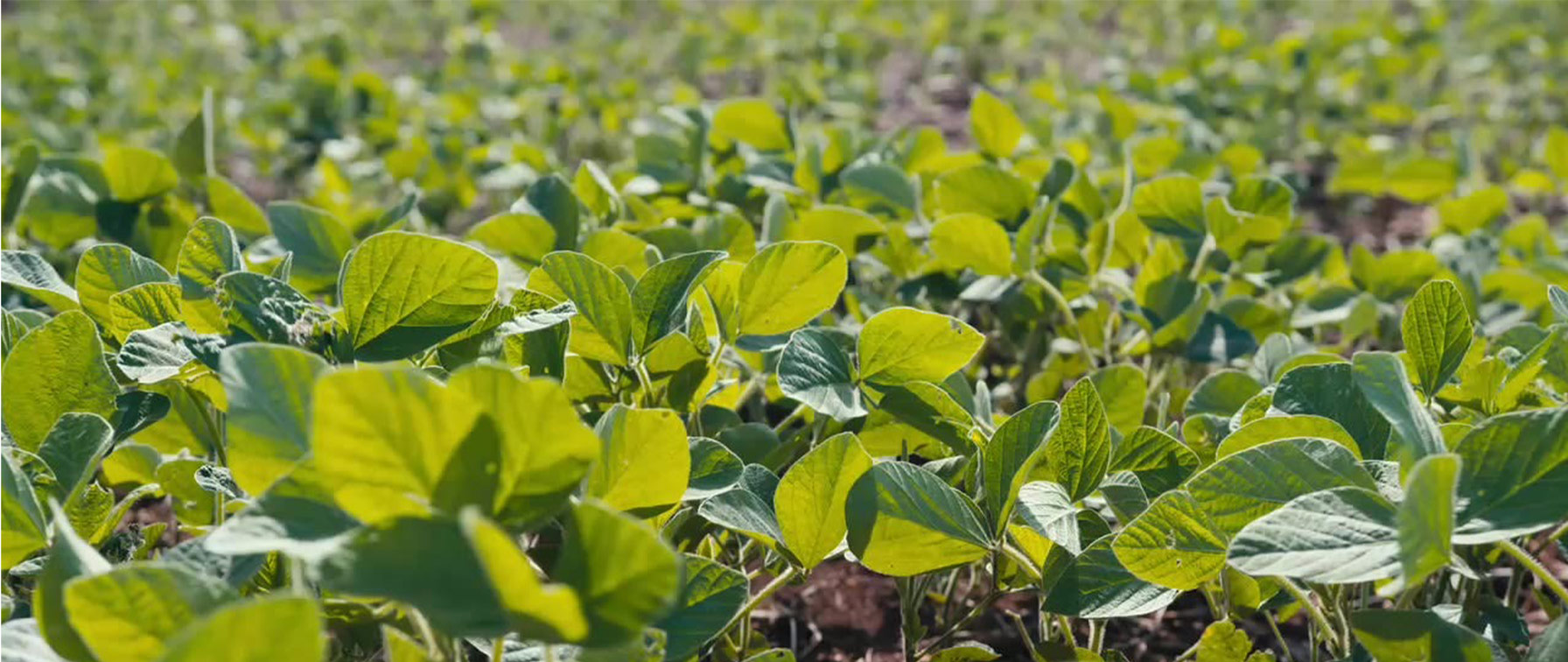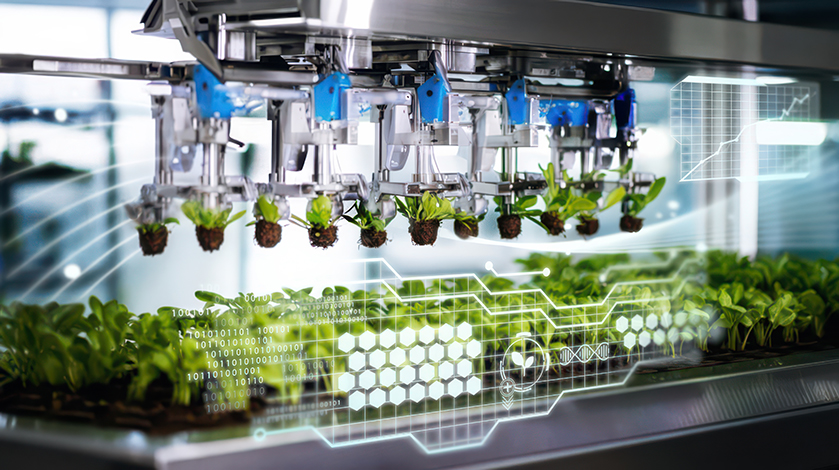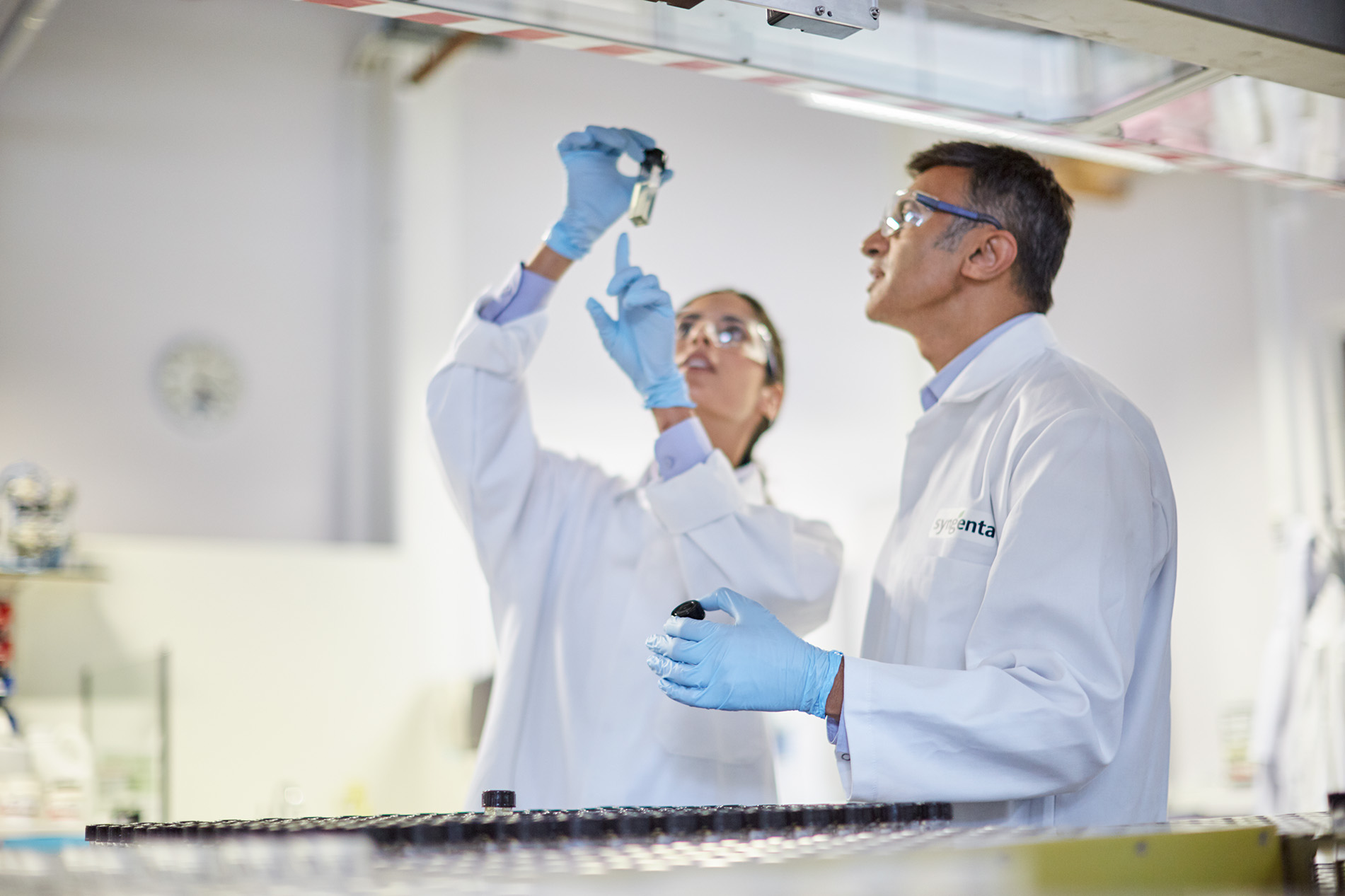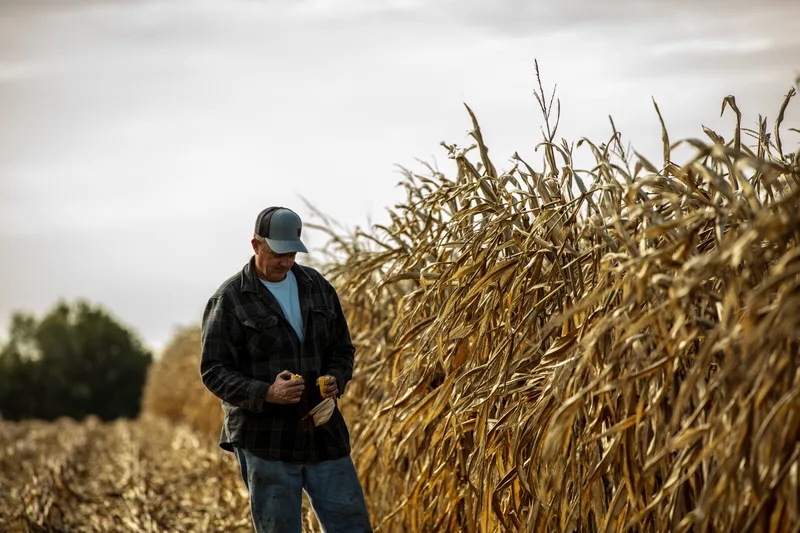

“At Syngenta we continually challenge ourselves to bring better innovation to growers. We collaborate with the best in the world to inspire our scientists with technologies and digital approaches, and bring scientific breakthrough to reality.”
Martin Clough, R&D Head Digital, Collaboration and Sustainability
“鸟类很快就能适应传统的驱鸟策略,因此为了帮助我们的稻农生产更可持续的作物,我们正在寻找创新的驱鸟解决方案,这些方案不仅在稻田里有效,而且理想情况下也能应用于其他作物。”
Yuta Okayama, 日本先正达作物保护开发负责人








